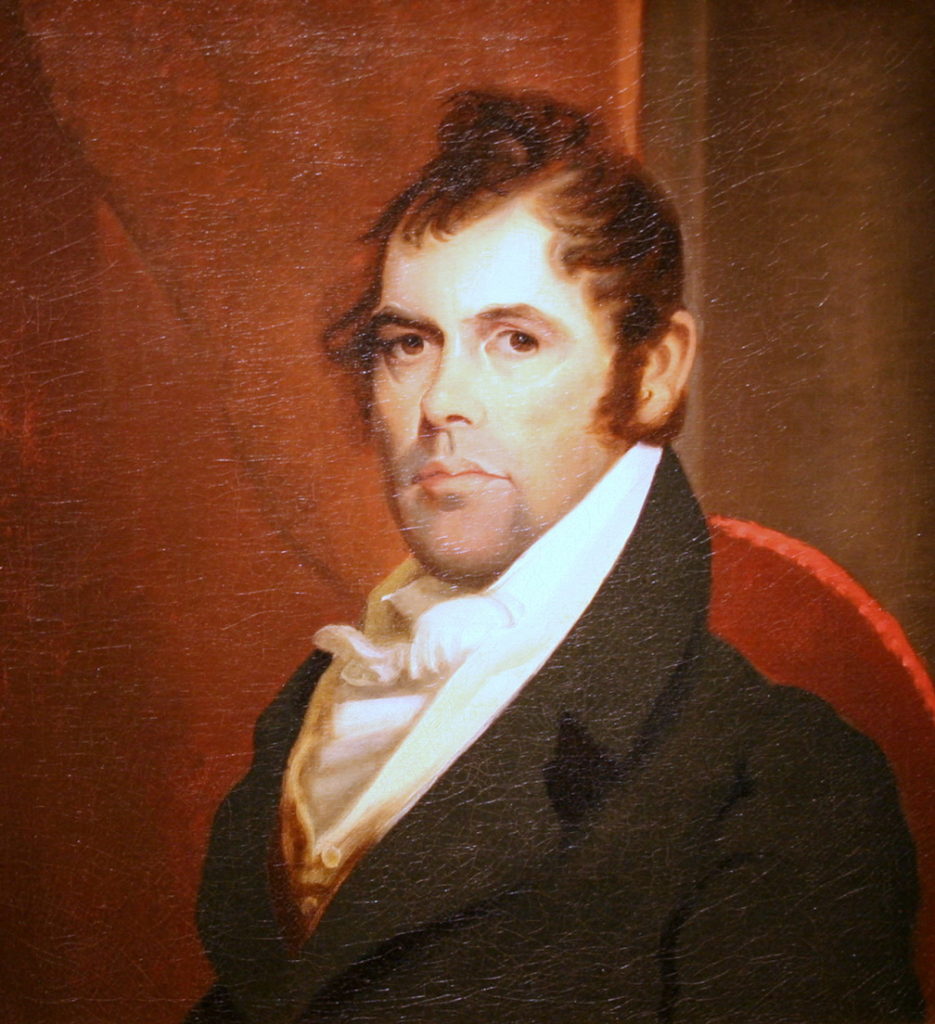Our Nation’s Racial Past (and Present)

The almost totally unknown story of Julia Chinn is another example of how the inability of Black women to consent to sex with white men is a definitional issue in American history.
She was born enslaved and remained that way her entire life, even after she became Richard Mentor Johnson’s “bride.”
Johnson, a Kentucky congressman who eventually became the nation’s ninth vice president in 1837, couldn’t legally marry Julia Chinn. Instead the couple exchanged vows at a local church with a wedding celebration organized by the enslaved people at his family’s plantation in Great Crossing, according to Miriam Biskin, who wrote about Chinn decades ago.
Chinn died nearly four years before Johnson took office. But because of controversy over her, Johnson is the only vice president in American history who failed to receive enough electoral votes to be elected. The Senate voted him into office.
The couple’s story is complicated and fraught, historians say. As an enslaved woman, Chinn could not consent to a relationship, and there’s no record of how she regarded him. Though she wrote to Johnson during his lengthy absences from Kentucky, the letters didn’t survive.
Amrita Chakrabarti Myers, who is working on a book about Chinn, wrote about the hurdles in a blog post for the Association of Black Women Historians.
“While doing my research, I was struck by how Julia had been erased from the history books,” wrote Myers, a history professor at Indiana University. “Nobody knew who she was. The truth is that Julia (and Richard) are both victims of legacies of enslavement, interracial sex, and silence around black women’s histories.”
I know what Myers is getting at, but I’m not sure I’d call Johnson a “victim” here. The larger point however is critical. If anything, these issues aren’t discussed nearly enough in American history, even though we discuss them far more than we did even a decade ago.


